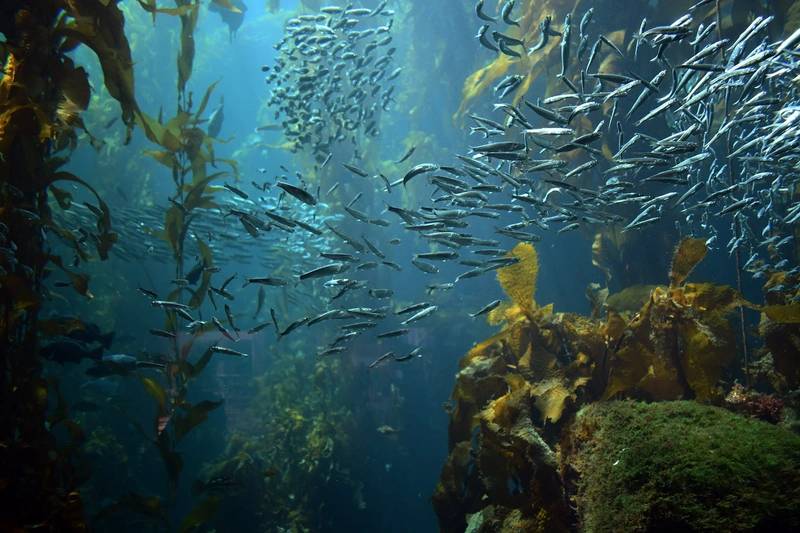The White House has announced three new federal strategies for conserving and protecting oceans and harnessing their power to strengthen the economy.
The announcement reflects the President’s push to address critical challenges that threaten the ocean’s future, including overfishing, warming from climate change, increased acidity due to carbon emissions, and loss of biodiversity.
“Earth’s ocean make life possible. It hosts vibrant ecosystems, feeds billions of people, sustains livelihoods, and connects us all,” said Arati Prabhakar, President Biden’s chief advisor on science and technology and Director of the White House Office of Science and Technology Policy (OSTP). “These reports point the way to work with this precious natural resource to address inequities and injustice, and to meet the challenges of the climate crisis and biodiversity loss.”
The strategies outline a whole-of-government approach that will lead to effective ocean-based solutions by:
Achieving a sustainable ocean economy
The U.S. National Strategy for a Sustainable Ocean Economy will guide U.S. ocean policies to conserve healthy ecosystems, support resilient communities, and advance sustainable economic development. This strategy focuses on how to build a sustainable ocean economy that will increase the quality of life for all communities and allow ecosystems and economies to thrive while prioritizing the effective creation, management, and dissemination of knowledge and information, including Indigenous knowledge, basic and applied research, and ocean data.
Protecting and restoring ocean life
The National Ocean Biodiversity Strategy will expand and use biodiversity information to help protect and conserve marine ecosystems and maximize the ocean’s benefits to people. This strategy aims to understand and restore ocean life, which provides food, clean air and water, climate regulation, and cultural identity to people across the country.
Using environmental DNA (eDNA) technology to study ocean life
The National Aquatic eDNA Strategy will advance fast, low-cost, and effective eDNA technologies to understand life in the ocean and how it’s changing. Analyzing the DNA in a body of water to identify the species present is much more efficient than conducting traditional censuses of different species. The strategy outlines opportunities to improve and deploy eDNA processes to inform the development of more effective ocean policies.
The three new strategies complement actions taken previously by the Biden-Harris Administration to achieve a healthy ocean that supports people and the economy: The Ocean Climate Action Plan (OCAP), the first-ever comprehensive national strategy to harness the power of the ocean and coasts to address and respond to the climate crisis, and the Ocean Justice Strategy, which identifies barriers and opportunities to fully integrate environmental justice principles into the federal government’s ocean activities. Since its release, federal agencies have advanced ocean actions across the government to accelerate nature-based solutions and enhance community resilience to changes in the ocean environment, including ones driven by climate change.

